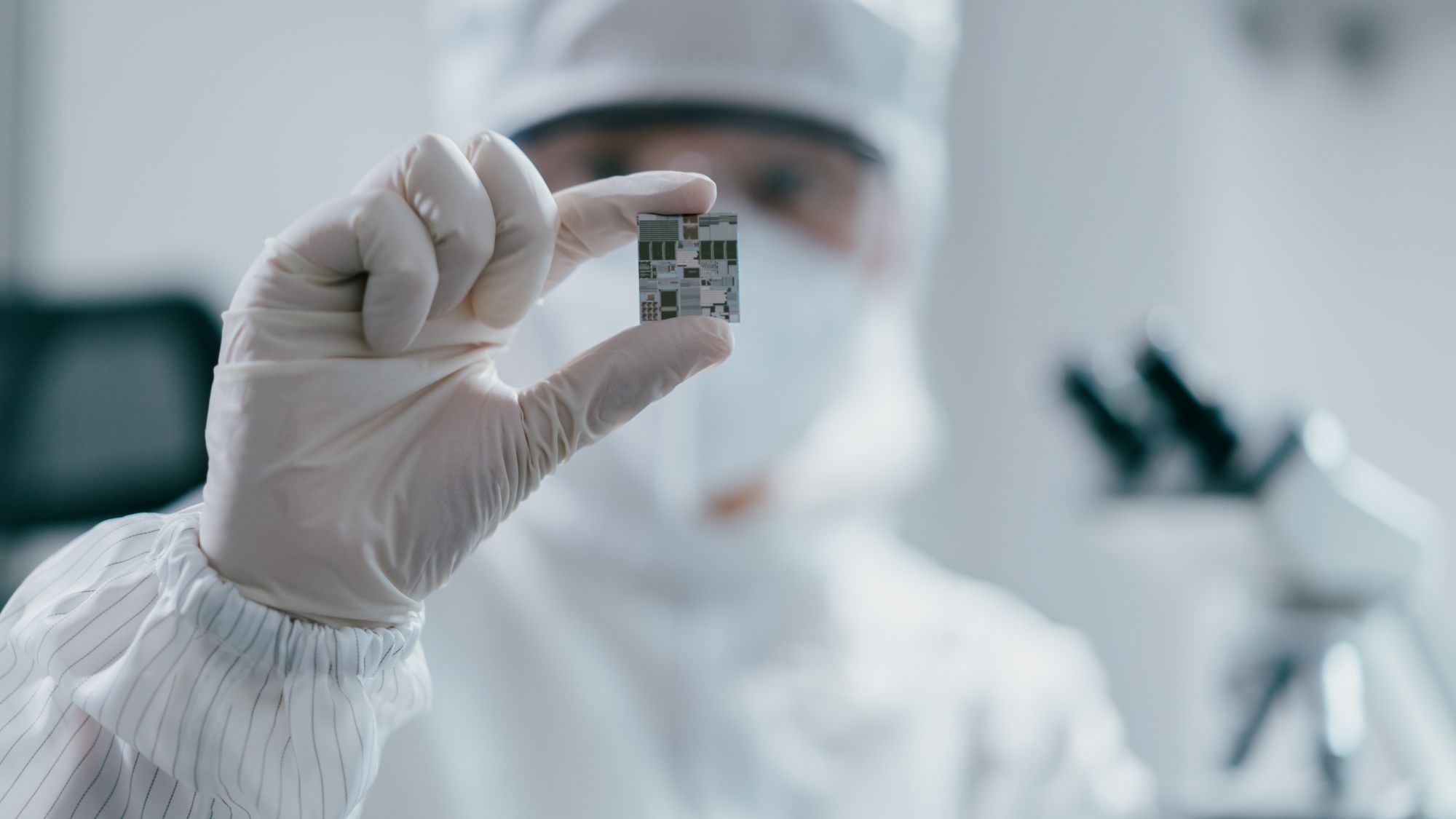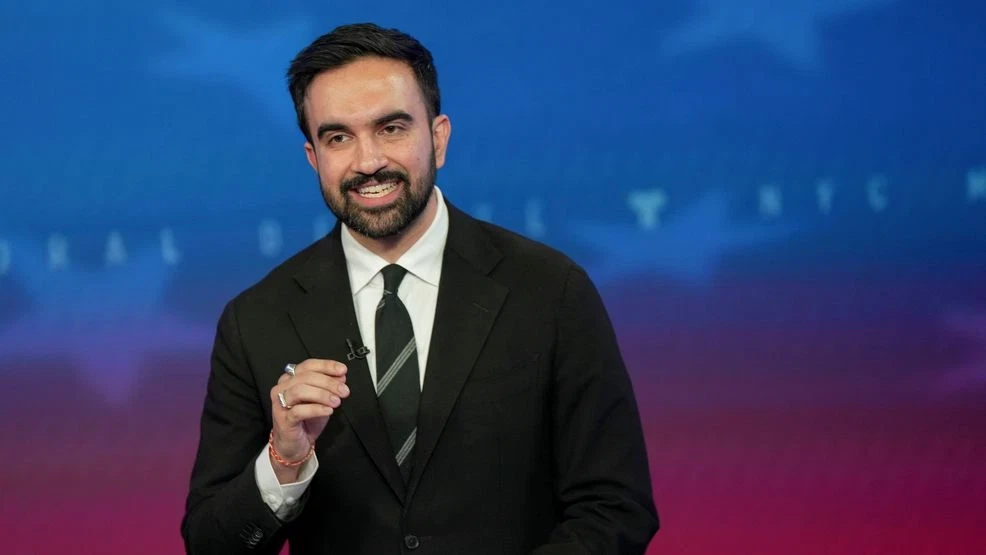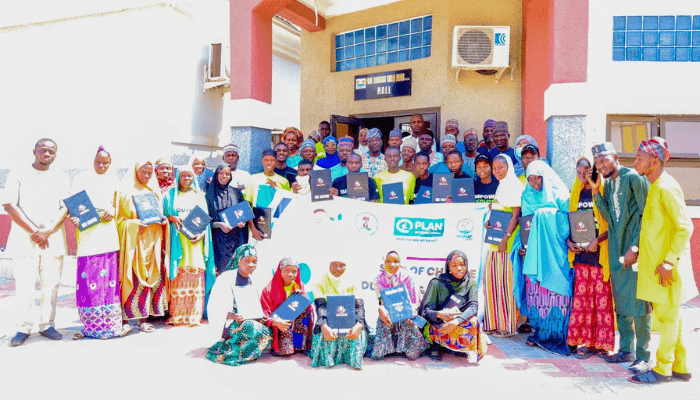Copyright pcgamer

The US has made many steps to try and put itself at the forefront of whatever developments are to come in the AI space, and a raft of newly announced deals with both Japan and South Korea look to further those goals. As spotted by TechCrunch, the White House website boasts of its new "technology prosperity deals (TPD)" with Japan and South Korea. This builds on the TPD made with the UK in September this year. The goal of these deals, according to the US government, is to "drive breakthroughs in AI, quantum computing, biotechnology, space, 6G, and fusion energy." On the Japan deal, the White House claims this goal will be achieved through coordinated exports between the two countries, alongside "joint efforts to secure the innovation ecosystem, with particular focus on research security, resilient biotechnology and pharmaceutical supply chains, and protection of quantum technologies." The agreement is also intended to mutually benefit both countries regarding space, 6G and fusion technologies. With the US's deal with South Korea, it says both countries will work together to "reduce operational burdens for technology companies and digital application platforms." South Korea and the US will also work together for greater exports, and both countries have agreed to "engage in discussions to promote AI education programs, to empower children to flourish in the digital era and prepare future generations for the workplace of tomorrow." A push for ingraining broader AI support education is something that was first announced in an executive order back in April this year. AI has been a major factor in many trade talks and technology conversations over the last few years, and America's role has been undeniable. In July this year, Nvidia CEO Jensen Huang referred to Trump as "America's unique advantage" because of his perspective on AI. Nvidia was reported to be worth $5 trillion earlier this week, in part due to its commitment to AI, and while some analysts have warned of a potential AI bubble, it certainly looks like the US government is determined to double down on the technology Trump also said in July, "you're going to need more electricity than any human beings ever", referencing the vast infrastructure planned to be invested into the tech. Not every outlook is positive, though, as senator Bernie Sanders believes "artificial intelligence is going to displace millions and millions of workers." Sanders has also argued in favour of breaking up OpenAI and thinks AI is "like a meteor coming to this planet." Trump is just one of many leaders intent on winning the AI race, and the investment towards the tech has reached a point where a significant portion of the world's economy is tied to it. It's worth noting that, while these are declared pledges, there are no concrete figures announced in this deal— no specifics about committing a certain amount of cash or resources into collaboration. Talk of exports isn't met with specific figures either. A public declaration of support is certainly the first step, but there are no concrete terms for any entity to be held accountable for. Still, greater trade deals with more of the world leaves the door open for further communication, which certainly doesn't seem like a bad thing for some of the world's most technologically advanced countries.



